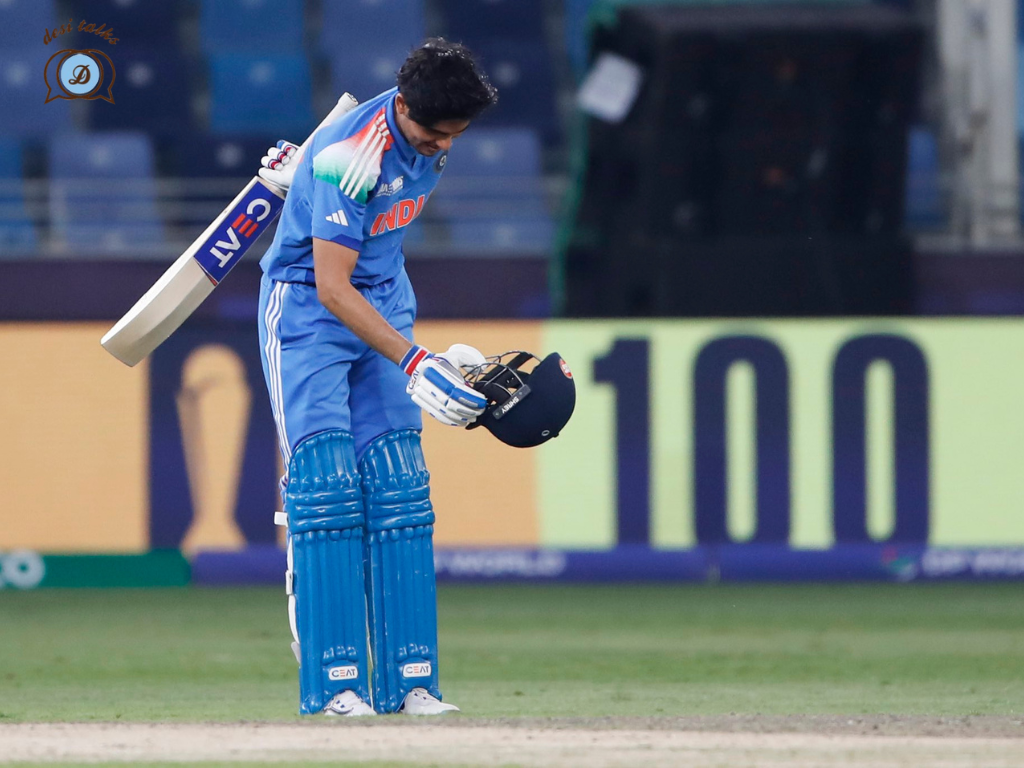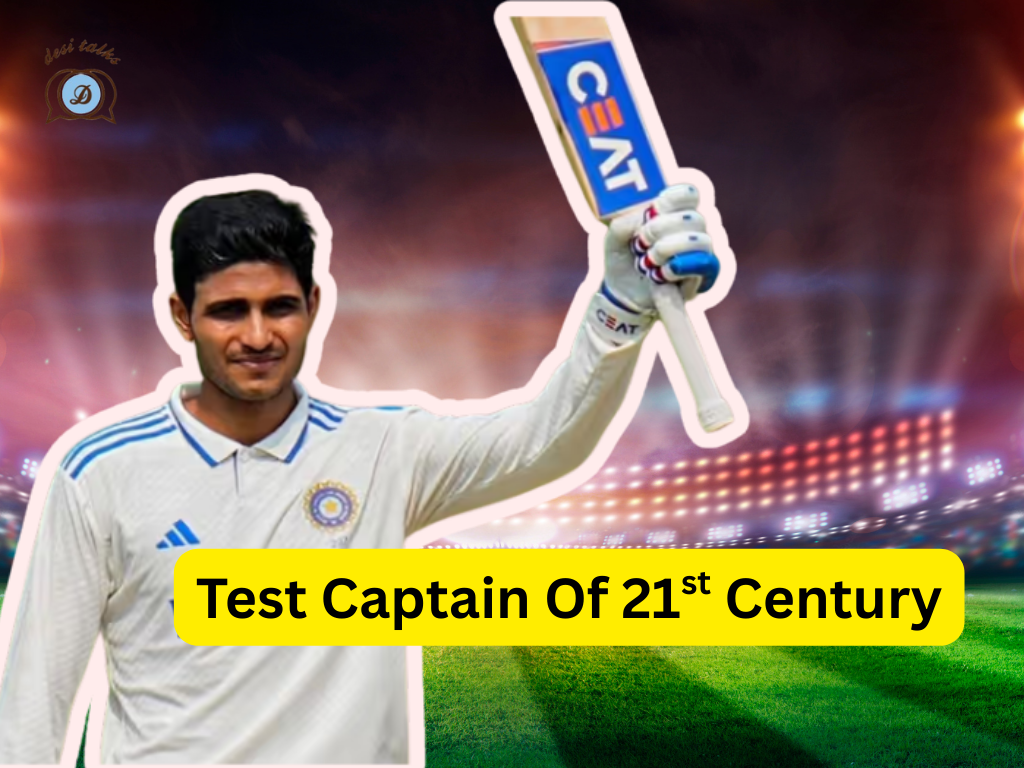Shubman Gill is now poised to receive a unique title: Team India’s first accidental Test captain of the 21st century. This remarkable turn of events highlights the surprising and unplanned circumstances that have propelled him into this significant leadership position.
Shubman Gill India Test Captain
Shubman Gill isn’t a natural-born leader, and he hasn’t had much time to learn how to lead yet. He’s actually in charge because of a lucky situation – he was just in the right place at the right time. This is because all the usual, experienced leaders in Indian cricket aren’t available right now.
Let’s break down Shubman Gill’s Test batting performance. Across 32 Test matches, his average is 35.05. This figure is notably lower than other prominent Indian top-order batsmen who have played in the last decade, including established names like Virat Kohli, Cheteshwar Pujara, and Rishabh Pant. Even Ajinkya Rahane, who has had his own ups and downs, boasts a better average. To put this in perspective, Hanuma Vihari, who typically batted lower down the order at positions 5 and 6, managed a comparable average of 33.56 despite fewer opportunities. This highlights a significant area of concern regarding Gill’s current output in Test cricket.

A more detailed examination of Gill’s Test performances in challenging overseas conditions reveals significant struggles. Specifically, in SENA countries (South Africa, England, New Zealand, Australia), he has yet to register a century. His average in these tough environments stands at a mere 25.70, which is only slightly better than Manoj Prabhakar’s career average of 24.2. The author emphasizes that this comparison is almost “an insult” to Prabhakar, who was primarily a bowler and batted lower down the order, suggesting that Gill, as a top-order batsman, should be performing at a much higher level. To further illustrate his difficulties in England, his recent scores from three Tests there are provided: 28, 15, 1, 0, 17, and 4. These figures starkly highlight his inability to consistently score runs when faced with challenging bowling conditions away from home.
From a retrospective view, it seems a more sensible decision might have been to appoint Jasprit Bumrah as the Test captain, with either Rishabh Pant or KL Rahul serving as his deputy. However, it appears the BCCI was heavily influenced by Shubman Gill’s performance in the Indian Premier League (IPL). This reliance on IPL form is noted as a recurring issue, described as an “illusion” that has historically misled many in making selections or leadership decisions.
It seems a string of unfortunate events in Indian cricket, like Rohit Sharma’s retirement, Virat Kohli not being re-appointed, Rishabh Pant’s accident, and KL Rahul being deemed too old, has left Shubman Gill as the only option for captaincy. All the usual, stronger candidates are currently unavailable.

The famous economist John Maynard Keynes once said, “In the long run, we are all dead,” implying that long-term outcomes are often too distant to worry about. However, for Indian cricket, Shubman Gill’s promotion as captain raises immediate concerns about the team’s short-term stability. The author believes that if a player with a poor batting record, a questionable technique, and an uncertain spot in the team is handed the captaincy, it points to deeper issues within Indian cricket.
Gill’s rise to captaincy isn’t just an isolated incident; it seems to be part of a larger shift within Indian cricket, possibly influenced by Gautam Gambhir’s increasing role in the setup. Recent events like R. Ashwin’s mid-series retirement, Rohit Sharma and Virat Kohli stepping away despite seemingly wanting to continue, and the abrupt removal of senior coaching staff all suggest a concerted effort to reshape the team. Even Hardik Pandya, once considered a future white-ball captain, has been sidelined. This pattern indicates a systemic overhaul, pushing new faces and leadership to the forefront.

The significant changes happening in Indian cricket over the last six months, attributing them to Gautam Gambhir’s leadership. The core question posed is: Is Gambhir prioritizing building a team that fits his personal style, or is he genuinely selecting the best possible team for India’s success?

